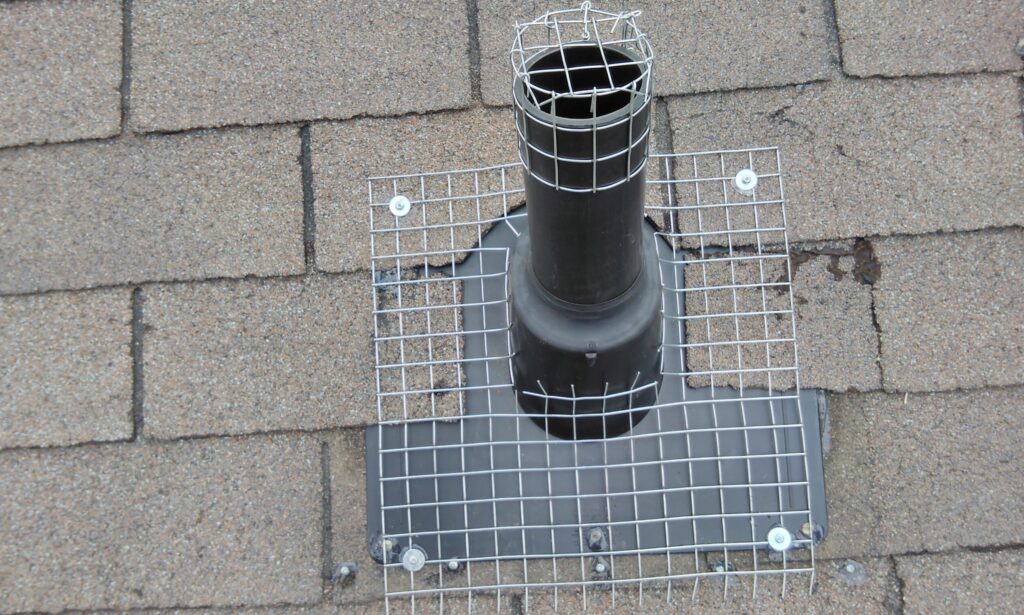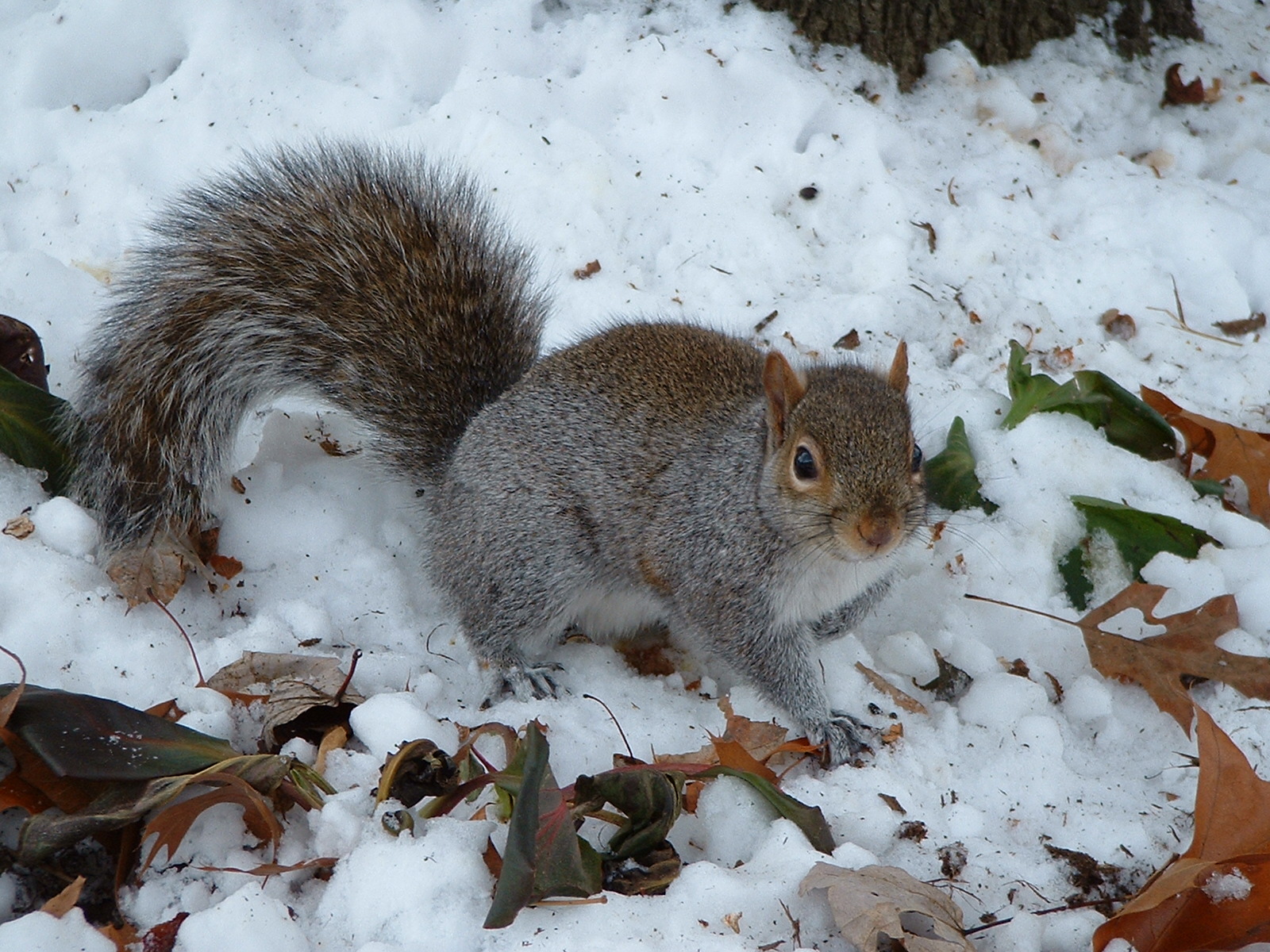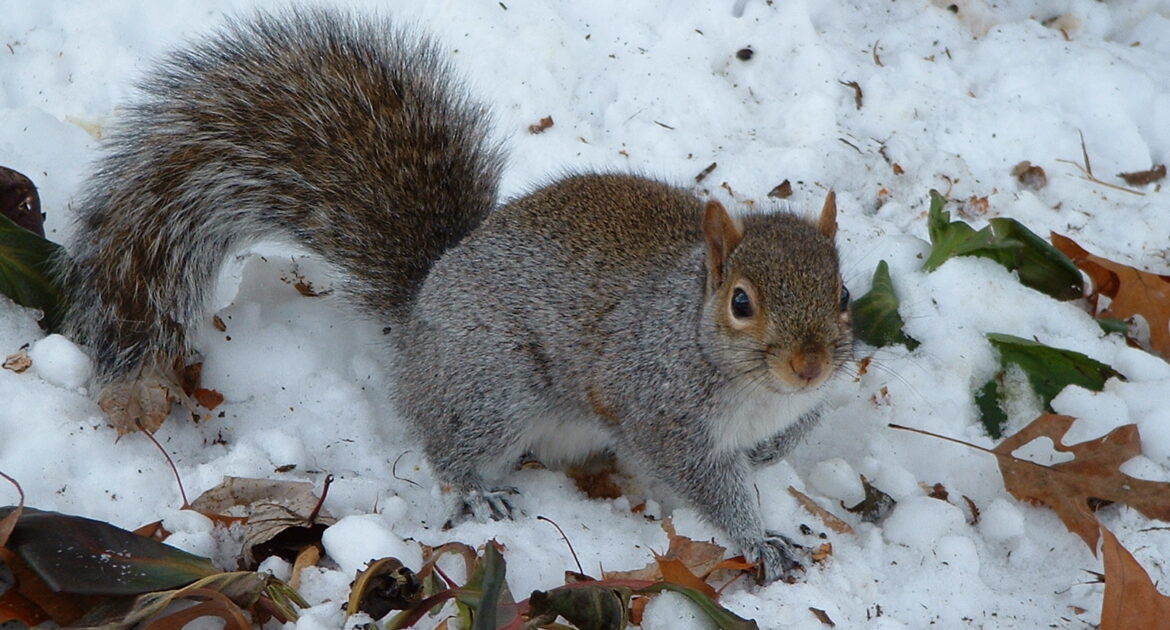In this blog article, we’ll explore the signs of squirrel infestation in Oshawa. Knowing what to look out for is key to mitigating irreversible damage to your home and garden. From identifying tell-tale signs of gnawing and damage to electrical wires and insulation to hearing suspicious scratching noises coming from the walls, there are a few warning signs to be aware of when it comes to a squirrel takeover. Additionally, we’ll be sharing expert advice on how to get rid of squirrels safely and humanely – minus the stress and worry of a re-infestation.
Has a squirrel invasion taken over your Oshawa home? While these furry critters may be cute, they can wreak havoc, causing damage to your property and posing potential safety hazards. Identifying the signs of a squirrel infestation can help you deal with the problem quickly before it becomes too severe. From strange noises to chewed-up wires and insulation, these are all telltale signs that squirrels may have taken up residency in your home.
But don’t panic, there are numerous ways to get rid of squirrels! In this blog, we will guide you through the process of squirrel removal in Oshawa, including tips on how to safely and humanely eliminate the problem.
Common Signs of Squirrel Infestation
Now, you’re probably thinking, how am I going to find these signs? Don’t worry, let’s dive right into it!
Noises in the Attic or Walls
One of the very first signs of a squirrel infestation is the noise they generate. Squirrels are active during the day, especially in the early morning and late afternoon. You might hear scurrying, scratching, or even rolling sounds, which could indicate the movement of a squirrel or even a whole family of them.
Nests in Attics or Walls
Squirrels typically construct nests in the safety of your home, particularly in the attics or inside walls. If you stumble upon a collection of leaves, torn insulation, and small branches, congratulations, you’ve most likely found a squirrel’s nest.
Chewed Wires and Woodwork
Because squirrels have teeth that never stop growing, they have a tendency to chew incessantly. This particularly worrying evidence would most commonly be found around your attic’s ventilation or drainage pipes, and even on electrical wires, which can cause significant damage or pose potential safety risks.
Foul Odors and Droppings
Another sign of a squirrel intrusion is the lingering smell and sight of their droppings. Foul odors could hint towards a squirrel latrine or worse, a deceased squirrel. Their droppings, which resemble oblong pellets, might be scattered in isolated corners of your attic or basement.
Outdoor Signs
Look out for signs in your garden or yard as well. You may discover buried food caches, signs of dug-up plants, or nibbled fruits. A maze of small, shallow holes in the lawn is another sign of a squirrel’s presence.
Once you’ve identified these signs, it’s essential to act fast and efficiently. The sooner you address a squirrel infestation, the less damage they will cause. Be prepared, squirrel removal may not be as easy as you think, but with the right steps and precautions, your home will be squirrel-free once again.
Damage Caused by Squirrel Infestations
As adorable as they may seem scampering around in the wild, squirrels can cause substantial structural damage to your home when they nest indoors. Their size doesn’t belie the magnitude of damage they can cause – it’s surprising, really. Here, we’ll detail the types of havoc squirrels can wreck in your beloved abode.
Structural Damage
Squirrels are notorious for their unstoppable gnawing behaviour, and for good reason. Their ever-growing teeth encourage this destructive behaviour that can cause severe structural damage to your home. For instance, by gnawing on wooden beams, squirrels can weaken the structural integrity of your house, possibly causing long-term and expensive damage.
Insulation Damage
Insulation materials seem to be a favourite nesting supply for squirrels. They can chew and shred your home’s insulation to bits, ruining it. Poor insulation results in loss of heat during winter and cool air during the summer, increasing your energy costs.
Electrical Damage
Perhaps the most dangerous of squirrel activities is their love for chewing on wires. Electrical wires, when chewed and exposed, can spark house fires. In addition, they might malfunction, disrupt electrical supply, or even damage electrical appliances.
Garden Damage
If you take pride in your beautiful garden, you’ll be displeased to know that squirrels are fond of digging in lawns or gardens to bury their food. This can ruin beautiful landscapes, and damage plants or vegetables in your garden.
Health Risks Associated with Squirrel Infestations
While squirrels can be a nuisance to your property, their presence also poses several health risks to humans. Without effective squirrel removal, you expose yourself and your loved ones to various health hazards, making it imperative to address infestations as soon as they are detected. Here, we explore some of these critical health risks associated with squirrel infestations.
Disease Transmission
Squirrels, like many other rodents, are carriers of a variety of infectious diseases. The most common of these is Leptospirosis, a bacterial infection that can be transmitted to humans when they come into contact with squirrels’ urine or feces. Symptoms can include fever, headaches, and muscle aches. If left untreated, it can lead to more serious conditions, including kidney damage, meningitis, or liver failure.
Tick and Flea Infestations
Squirrels often host parasites such as ticks or fleas. These tiny creatures can eventually infest your home, putting you and your pets at risk of diseases including Lyme disease, brought on by tick bites, or the plague, caused by infected fleas. It’s important to note that these diseases are not only harmful but can also be life-threatening if not promptly diagnosed and treated.
Allergic Reactions
Did you know that exposure to squirrel droppings and dander can cause allergies in some individuals? It’s true! Symptoms may include sneezing, coughing, skin irritation, and in severe cases, breathing difficulties. Children, the elderly, and individuals with existing respiratory conditions are particularly sensitive to these allergens. A thorough cleaning of the infested areas is essential to reduce the risk of allergic reactions.
Tips for Preventing Squirrel Infestations
Keeping squirrels out of your home goes beyond just nuisance control; it’s a matter of safeguarding your property and health as well. Here are some key tips you may want to consider:
Seal Off Entry Points
Squirrels are agile climbers and can squeeze through surprisingly small spaces. This means that to achieve an effective squirrel-proof home, you have to be thorough in identifying all potential entry points and effectively sealing them. Places to check include gaps in your eaves, broken shingles, and areas around pipes entering the house.
Trim Tree Branches
Squirrels take advantage of overhanging tree branches to gain access to your roof and from there, your attic. To minimize this, prune any branches that are within six to eight feet of your home. Remember, these little critters can leap surprising distances!
Maintain a Tidy Yard
A cluttered yard can offer numerous hiding spots and food sources for squirrels. Keeping your outdoor space clean and free of food waste can discourage squirrels from viewing your property as an attractive nesting site. Consider using squirrel-proof bird feeders, and pick up fallen fruit in your yard to reduce the availability of food.
Use Odour Deterrents
Squirrels have a strong sense of smell, which you can use to your advantage. Natural repellents, such as peppermint oil, cayenne pepper, or predator urine can deter squirrels. Soak cotton balls in peppermint oil or sprinkle cayenne around the perimeters of your home to keep squirrels at bay. However, remember to reapply these deterrents after rainfall, as they can easily wash away.
Despite implementing these preventative measures, it’s possible for a persistent squirrel to still make its way into your home. If that’s the case, it’s time to consider professional wildlife removal services.

Skedaddle’s Humane Approach to Squirrel Removal in Oshawa
When it comes to handling squirrel infestations in Oshawa, Skedaddle stands apart with its humane approach. Rather than relying on harmful traps or poisons, we focus on strategies that guarantee the well-being of these pesky rodents while ensuring they are removed from your home in a colony-friendly manner.
Initial Assessment and Planning
First off, we start with a comprehensive property assessment. This enables us to understand the extent of the infestation, zero in on the squirrel’s entry points, and assess the potential damage caused. Based on this assessment, we then come up with a custom squirrel removal plan tailored to fit your unique situation.
Humane Squirrel Removal
The core of our operations involves using cutting-edge techniques that ensure squirrels are removed without causing them any harm. We employ one-way doors that allow squirrels to leave their nests for food but prevent them from returning. This strategy gently encourages these critters to move along and find a new habitat.
Post Removal Cleanup and Prevention
Once the squirrels have made their exit, our work is far from over. We then move on to clean up the site and repair any damage caused by the infestation. This involves disinfecting the area, repairing chewed wires or woodwork, and replacing damaged insulation. Additionally, we make sure to seal off all the potential entry points to prevent future infestations.
Don’t let squirrels turn your property into their playground. Contact Skedaddle today for effective, humane squirrel removal in Oshawa. Remember, a safer home starts with you; take action now so you can enjoy peace and calm again tomorrow!




